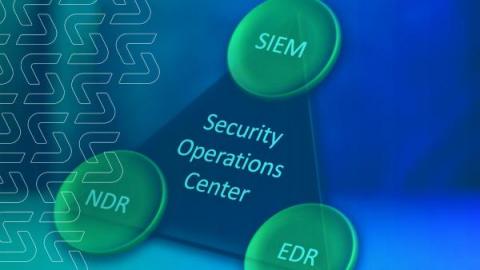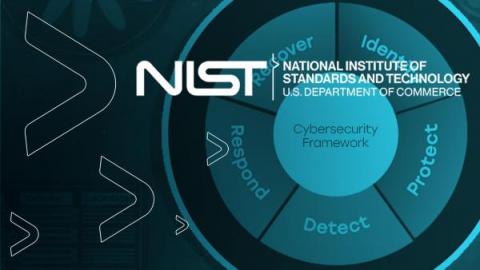Vulnerability Management - What you need to know
Vulnerability management (VM) is the process of detecting, prioritizing, remediating, and auditing security vulnerabilities in systems and software. This critical process minimizes the organization’s “attack surface” by installing the most current software updates and properly hardening computer configuration.










